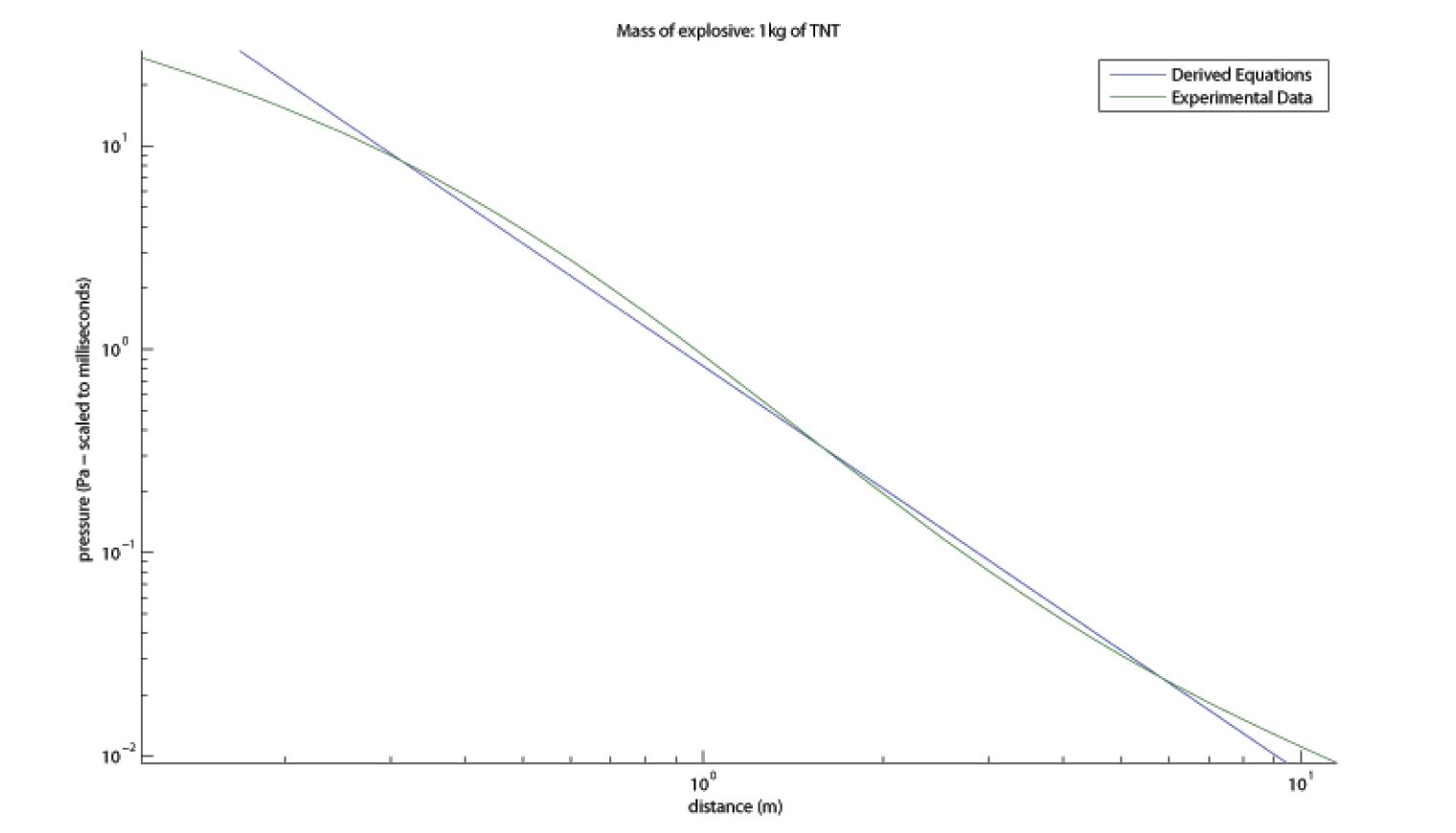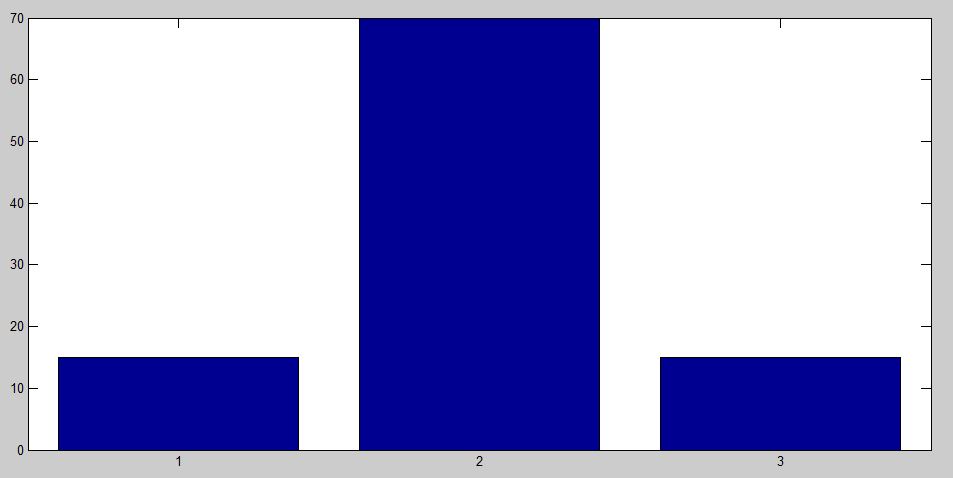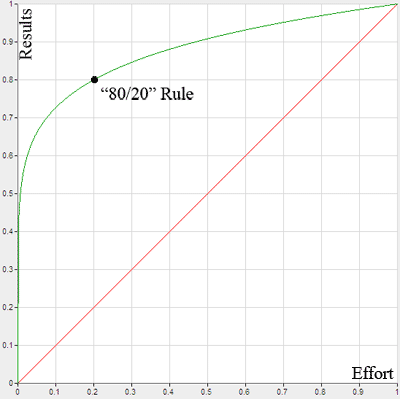Logistics
| Instructor | Master Billy Oxford - william.oxford@nmt.edu |
|
Lecture |
Tues/Thurs 1:00-1:50pm Workman 101 |
|
Labs |
Section 01 Tue 2:00-4:30pm Speare 16 |
|
Grading |
50% Labs 40% Final Project 10% Attendance |
| Attendance | You're a grown-up now...come to class if you feel like it. If you want to be successful, however, you should attend as many scheduled sessions as possible. Oh, did I mention attendance is 10% of your grade? You can drop a full letter grade by not showing up so definitely keep that in mind. |
|
Final Project |
Each student will choose a problem from a compiled list or use a problem of their own. An abstract describing the nature of your problem will be due Thursday, March 8th by 5pm. One point will be subtracted from your final average for every day your abstract is late (up to 10 points). The final project is due May 6th by midnight. Late submissions will not be accepted and a grade of zero will be assigned. Your final project will consist of a professionally formatted write-up (2-5 pages), plots and/or data tables, and code in the appendix. A sample project and list of topics will be available within the next few weeks. You are strongly encouraged to ask professors in your department for problems in your field that are solvable by someone at your level. If you are required to complete a project for another course you are welcome to “double dip” and submit that project in this class, as well...just be sure to incorporate the appropriate amount of coding in your write-up. If you are unsure if the amount of code is acceptable, please visit with me to determine whether your project meets the minimum requirements (this should also be addressed in your mid-semester abstract submission). |
| book: | Matlab - A Practical Introduction to Programming and Problem Solving - 3rd Edition - Stormy Attaway |
My Background
Academic History
BS in Mathematics - NMT
MS in Physics - NMT
Professional History
Modeling
 |
or |  |
Web Development
Data Systems
Web Applications
Personal History
Statistics
72.4% of Americans believe statistics are meaningless
Population By Class
42% - Freshman29% - Sophomore13% - Junior16% - Senior |

|
Performance
15% - Super difficult70% - Everybody else15% - Super easy |

|
What this course is not
A MATLAB course
Good job finding a built-in function to accomplish a specific task...but do you know how it works? We want to learn how to write our own functions.
A CS course
No, we will not get into OOP. No, we will not get into theory.
Nap Time
What this course is
Required
Sorry, but you have to take this course (some of you anyway)
An INTRODUCTION to Programming for ENGINEERS
Your needs are likely a bit different than others when it comes to programming. We are going to try and focus on the skills you need to solve problems in your chosen field.
The best class you will ever take
I'm not joking.

Matlab
Definitions
code - collection of computer instructions in a programming language
syntax - the proper way to write the code
pseudo-code - an outline of your code written in easy to read steps
application - a complete program that accomplishes a task
comments - explaining what is happening throughout your code
algorithm - a logical procedure to accomplish a task
algorism - things Al Gore says

"When you have the facts on your side, argue the facts. When you have the
law on your side, argue the law. When you have neither, holler."
Course Goals
Develop a working knowledge of Matlab
You should be capable of solving most algorithmic problems you encounter.
Learn basic programming elements that can be utilized in another language
There is a common foundation among most languages: logic, variables, loops, conditionals, etc
Beef Up Resume
resume text: "Working Knowledge of Matlab"
meaning: Give me a task in Matlab I can figure out how to complete it.
resume text: "Experience with Matlab"
meaning: I attended my freshman level ES 111 course most of the time and did a lot of the labs. I'd like to think I can figure out how to complete
a Matlab task. Did I mention I went to New Mexico Tech? (that means I'm smart)
resume text: "Familiar with Matlab"
meaning: I went to 3 or 4 classes of my freshman level ES 111 course. Please don't ask me to do anything with Matlab. I hope someone in your
organization can complete tasks that are assigned to me. Don't worry, I won't be here long. Besides, computers are a temporary fad and I want to be on the
cutting-edge of paper-based analysis.
Can't I just cheat?
Out of ~71k undergraduates surveyed:
39% admitted to cheating on tests
62% admitted to cheating on written assignments
Students who cheat often feel justified in what they are doing. They cheat because they see others cheat and they think they will be unfairly disadvantaged.
False: Ironically, the disadvantage becomes your own. Having a 3.8 GPA from cheating may open doors for you but your cheating habits will live with you
throughout your entire career. Unfortunately, you aren't smart enough to keep this game alive forever so eventually you will fall to ruin (or, even worse, you
will be successful). It's better to have a 3.5 GPA and a clean conscience. These are the the people that actually get things done.
note: If you cheat once, you lose forever the privilege of whining about politicians being corrupt. Do not try to hold people to a standard you yourself can't meet.
Many students feel that their individual honesty in academic endeavors will not have an effect anyone else.
False: Other students will have actually studied and understood so they will be the ones that get and KEEP jobs.
Principle of Least Effort
...animals, people, even well-designed machines will naturally choose the path of least resistance or "effort".
"In simple terms, the Principle of Least Effort means, for example, that a person in solving his immediate problems will view these against the background
of his future problems, as estimated by himself. Moreover, he will strive to solve his problems in such a way as to minimize the total work that he must expend
in solving both his immediate problems and his probable future problems. That in turn means that the person will strive to minimize the probable average rate of his
work-expenditure (over time). And in so doing he will be minimizing his effort...Least effort, therefore, is a variant of least work."
(George Kingsley Zipf, Human Behavior and the Principle of Least Effort: An Introduction to Human Ecology. Addison-Wesley Press, 1949)
Pareto Principle -- the 80/20 rule

Instead of spending 1 hour drafting a paper you’re not sure is needed, spend 10 minutes thinking of ideas. Then spend 50 minutes writing about the best one.
 |
or |  |
Instead of agonizing 3 hours on a single design, make 6 layouts (30 minutes each) and pick your favorite.
 |
or |  |
Rather than spending 3 hours to read 3 articles in depth, spend 5 minutes glancing through 12 articles (1 hour) and then spend an hour each on the two best ones (2 hours).
 |
or |  |